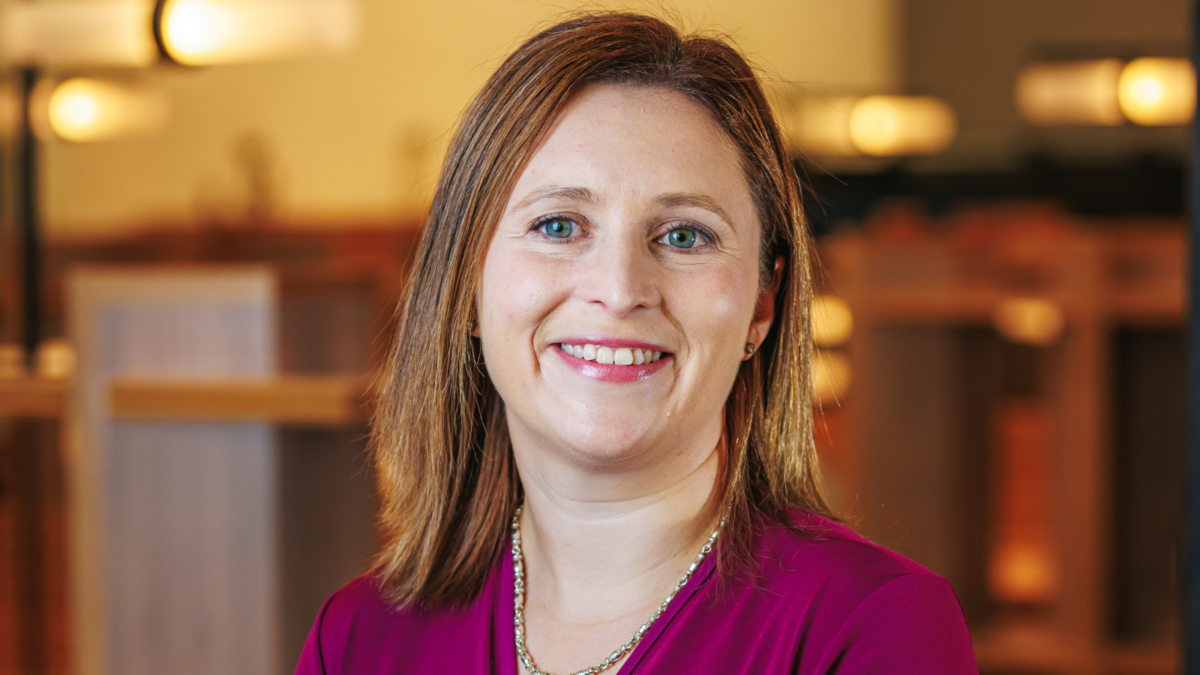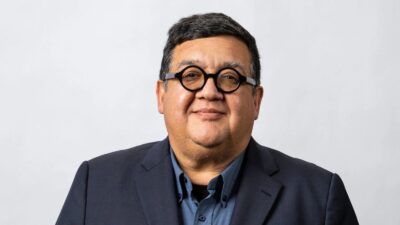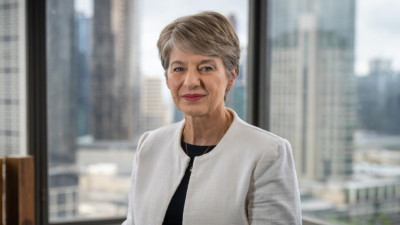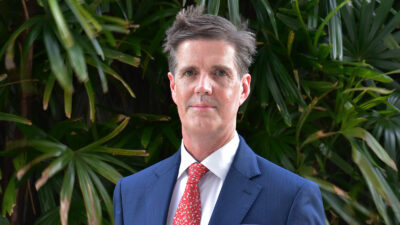JANA chases family offices, not-for-profits as super sees ‘significant change’
Following a stint at Russel Investments, Georgina Dudley (photo at top), the new CEO of JANA, has spent the last 14 years at the asset consultant. But before she entered the world of investments, she studied chemistry at Oxford University. It’s more or less the same discipline, she says.
“I’d say there’s a lot of overlap,” Dudley told ISN. “It’s an analytical view based on problem-solving, the combination of numerical skills and broader understanding of different problems fits very well in an investment consulting world.”
Dudley takes over from the incumbent Jim Lamborn in a “fairly planned transition of several months” and as the asset consultant’s traditional clients, the super funds, are experiencing a period of upheaval. Superannuation has seen “significant change” from consolidation during Dudley’s 14-year career at JANA. And as funds have gotten bigger they’ve also gotten more sophisticated and have more in-house resources; internalisation of investment and administration, as well as oversight of external managers, means asset consultants are tapped for fewer gigs and instead fill an additive role, Dudley says.
“We’ve always been a complement to our client, and as they’ve evolved our services have evolved too,” Dudley says. “We now focus more on working with internal teams to help them go deeper, to help them go broader, as required. And we also work with the boards and investment committees for independent advice and assurance.”
“It really varies by client… it might be that a regulatory change has been made, we can support them. For the Your Future Your Super performance test we might help in providing a model to help them think about the decisions they’re making and provide some deeper analytics, or a broader perspective around… we have an ability to complement them in terms of the numbers of managers that we are seeding across the board to provide different ideas and a sounding board for the ideas that they’re coming up with.”
Other asset consultants, like Frontier, have begun to expand offshore in the tacit knowledge that their traditional client base is drying up. Others take the view that the dynamics of the industry are mostly unchanged; that clients merging simply means the slices of pie are fewer but larger.
“The role might change, but the value of independent advice is very much there,” Dudley says. “In terms of the fiduciary duty the board has, I think that the value of independent advice relative to their roles and responsibilities is very much valued in the way it was before. The Australian superannuation community is a very sophisticated one on a global basis, and a skilled investment consultant can provide significant value to keep that standard and keep advancing that.”
JANA is unlikely to open an offshore office anytime soon. Still, it’s planning growth “across markets and in markets”.
“Right now, our focus in terms of broader growth across markets are on areas outside of superannuation that might previously not have had an investment consultant or used other models,” Dudley says. “We’re thinking around the not-for-profit sector, family offices, insurance clients and broader diversified clients – wealth partnerships, and those types of areas. And deeper within client relationships in the markets we already have – whether that’s projects for sustainability research or areas like retirement and broader responses to regulatory change.”
Still, criticism of asset consultants percolates among offshore managers and the industry’s discontents, who view them as risk averse and are often frustrated by the role they play as gatekeepers to superannuation’s rivers of gold.
“I think we have an opportunity in terms of seeing across the client needs and across the managers and opportunities. We can provide perspective on both sides. Sometimes the managers have products that don’t fit the client needs, and they may see that as us being dogmatic; the reality is that we’re trying to match those two as best as possible to work in improving the outcomes for end beneficiaries.”
“That happens through fees – sustainability is another example in terms of trying to improve outcomes by working as the intermediary… Still, we’d encourage an approach on value rather than absolute fees. There’s been change in the right direction in terms of some fee structures in alternatives and getting efficiencies through management to get better outcomes. That doesn’t mean it’s a question of getting fees to the bottom; there will always be a middle ground there.”











